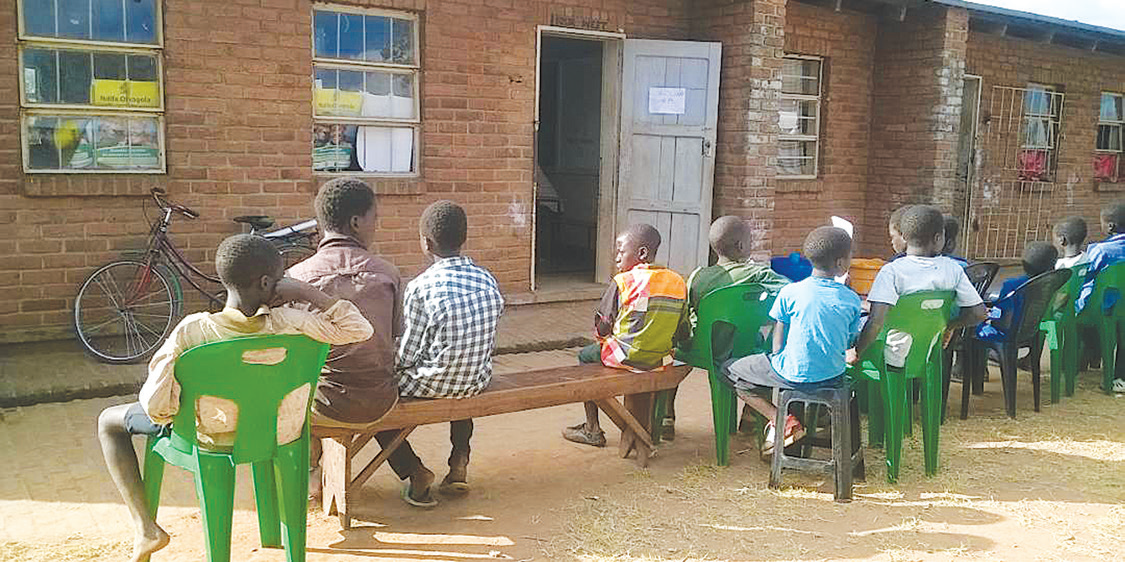Donors for relocation in disaster-prone areas
Malawi’s development partners have asked government to seriously address the issue of relocating people from disaster-prone areas to mitigate impacts of climate change.
In an interview on the sidelines of a meeting with Minister of Finance and Economic Affairs Sosten Gwengwe in Lilongwe yesterday, United States Ambassador David Young said cyclones have become common due to climate change and Malawi needs to be well-prepared for such eventualities.
He said: “People who live in vulnerable areas need to be encouraged to relocate. Government and partners need to be able to help them to be able to move to safer areas so we don’t have another tragic repetition of this in future.
“The reality is that climate change is real, climate change impacts are affecting us all everywhere around the world, and we have a common interest of coming together so we can look to adapt and get ahead of and mitigate the terrible effects of climate change.”

In a separate interview, Gwengwe said the relocation of people is government’s priority and soon they will start looking at how best to implement the exercise.
He said: “Once the tears dry on our cheeks, that should be a priority that how do we avoid the recurrence of this, and rellocation of people from the disaster prone areas should be part of the process. Even people in those areas wouldn’t want to remain in those prone areas.”
On ensuring a coordinated response to the cyclone, Gwengwe said the Department of Disaster Management (Dodma) is facilitating the development of a response plan to mobilise resources and effectively coordinate the humanitarian assistance.
“The plan is expected to be finalised by Tuesday, 28th March 2023. The United Nations and World Bank are also doing a joint assessment of the damage for credibility,” he said.
The minister, however, said a rapid assessment by a government team has estimated that the recovery efforts from the damage caused by the cyclone will take about two years.
He said government has since identified four priority areas of health, education, agriculture and infrastructure and appointed corresponding cluster committees who will be meeting monthly to strategise on the response.
Asked if all affected areas have been reached with support, Gwengwe said government has made efforts to reach out to all of the cut-off areas.
While statistics on the losses and the extent of the damage are still being quantified, Gwengwe said preliminary information that government has indicates that 12 districts in the Southern Region, including the City of Blantyre and Zomba, have been worst affected.
The meeting was held to discuss how government and the development partners can better coordinate in their response to effects of Cyclone Freddy.
As at March 25 2023, over 564 239 people had been displaced and were seeking temporary shelter in 577 camps, with a total of 511 deaths and 533 missing persons registered.
Last week, Vice-President Saulos Chilima said relocating households from settlements in hilly areas could avert and minimise the devastating impact of natural disasters perennially hitting some parts of the country.
In 2014, the Blantyre Magistrate’s Court ordered illegal settlers on Soche Hill to demolish their houses and vacate the hill within six months. But days after the court order, some people believed to be encroachers obtained and injunction restraining Blantyre City Council from enforcing the order.
During a visit to flood-prone areas in Soche and Ndirande townships on December 23 2017, Chilima asked the council to demolish the illegal structures that were built around Soche Mountain to reduce the occurrence of floods.
He also asked the council and Malawi Housing Corporation to vacate the injunction 61 encroachers obtained to restrain the authorities from forcing them to vacate the illegal settlements.





